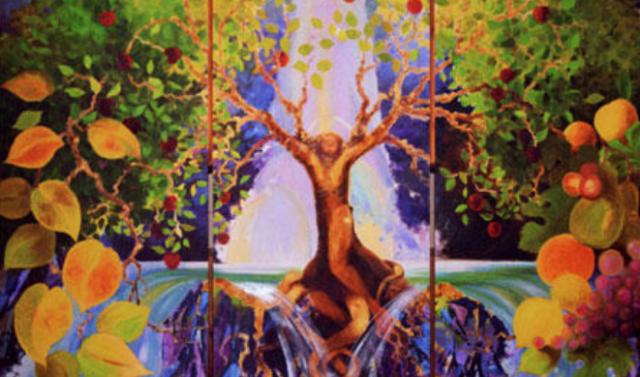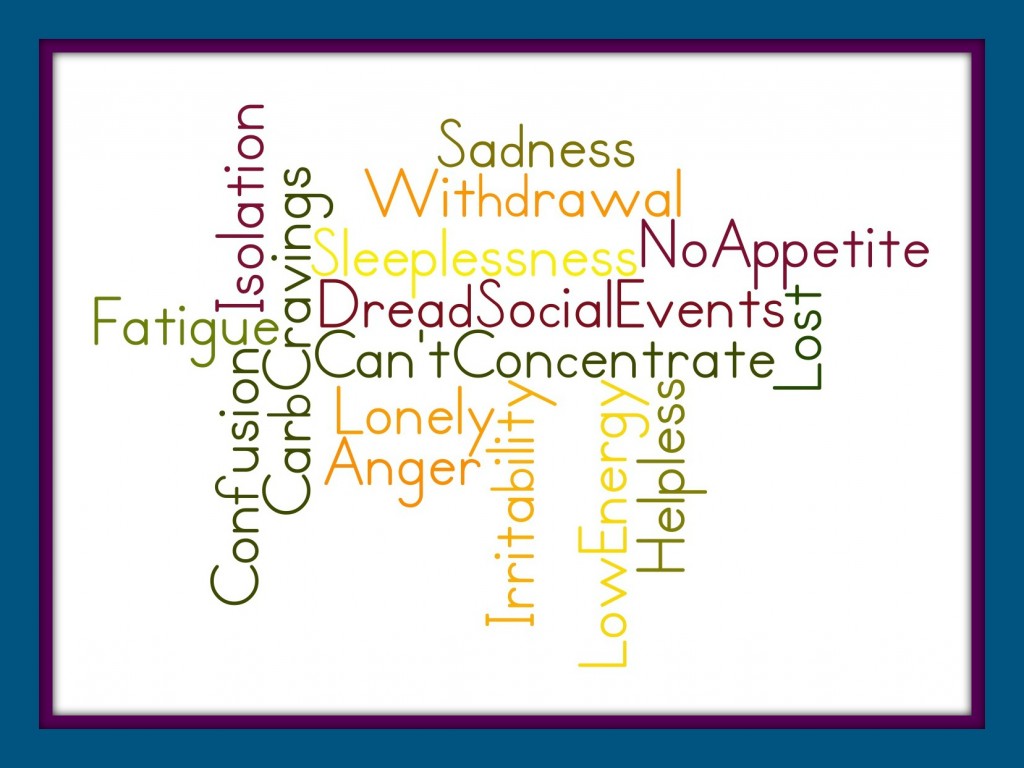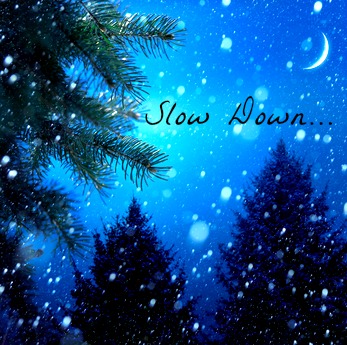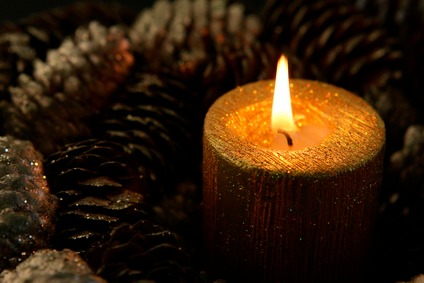When old dreams take on new urgency…
During major life transitions, many of us are faced with increasing restlessness, anxiety or boredom with old responsibilities and routines. The broad span of time we call “middle age” often brings on such feelings. In middle age you may find yourself wondering “what might have been.” These wonderings are questions about your “unlived life.” Perhaps you find yourself
- Questioning your career, relationship, & other choices
- Facing job dissatisfaction or burnout

- Longing for deeper meaning or purpose
- Grieving the “lost possibilities” in your life
- Re-examining long-held spiritual, political or other beliefs
Midlife often brings with it a “mental shift.” In younger years you may think of life more in terms of the length of time since you were born. In middle age, however, you might have the sense that time is running out. You may begin thinking more in terms of the time left until death. You feel a new sense of urgency–like something important is missing.
Conflicting “Job Descriptions?”
Human beings have “conflicting job descriptions.” So say Jungian analyst Robert Johnson and his co-author, Jerry Ruhl, in their book, Living Your Unlived Life: Coping with Unrealized Dreams and Fulfilling Your Purpose in the Second Half of Life. On the one hand, you must learn to be a responsible, civilized person. That means being aware of the values of your culture, community and family—all of the “dos and don’ts” of society. You need to earn a living, become a contributing member of society, live up to certain family expectations, be polite, follow the law, and so forth.
At the same time, you feel called to be true to your own “higher Self.” You long to follow your  passions–even though they may conflict with the expectations of others. You yearn to express the vitality and fullness of who you are as an individual.
passions–even though they may conflict with the expectations of others. You yearn to express the vitality and fullness of who you are as an individual.
The problem comes when these two “job descriptions” seem to pull you in opposite directions. For each life choice you make, you didn’t choose something else. The paths you didn’t choose represent aspects of unlived life. “Whatever you decide to do with your life kicks energy into what you decided not to do,” say Johnson and Ruhl (p. 5).
Consider these adults who feel pulled between conflicting parts of themselves*:
- Maria, age 52, is a hospital administrator. Growing up, she loved art and music. When she went to college, however, Maria was
 pressured by her parents to choose a more “practical” direction, majoring in business. Maria was financially stable and respected in her profession. But she felt an absence of vitality. She felt like something important was missing.
pressured by her parents to choose a more “practical” direction, majoring in business. Maria was financially stable and respected in her profession. But she felt an absence of vitality. She felt like something important was missing. - Jack recently celebrated his 50th birthday and 25th wedding anniversary. He and his wife Ana had a stable marriage. Jack still loved Ana. But after a quarter century, 3 children, and the work of maintaining a household, their relationship lacked the spark it once had. Jack had become attracted to a woman in his running group. Eventually, they began exchanging frequent text messages and phone calls. While paying the bills one weekend, Ana noticed a lot of extra calls and messages on Jack’s phone.
- Katie, age 43, grew up in a conservative religious home. Her faith was very important to her. But she had become disillusioned by the judgmental nature of her church’s teachings. Katie’s twin brother came out as gay during college, and was disowned by their family’s congregation. Angry and hurt, Katie left the church. For years she rejected all forms of organized religion. But recently, Katie had been longing for some kind of spiritual community.
Maria, Katie and Jack were all experiencing a clash between “conflicting job descriptions.” Each of them felt like there were opposing internal parts of themselves, vying for attention. They had made life choices that they were now questioning in middle age. Unlived life was calling to them! Some people call it a “midlife crisis.” Whatever it’s called, the pull of your unlived life can be painful and confusing.
You may have been very faithful to your “job” as a good wife, husband, parent, friend, employee, neighbor, or citizen. But now you realize 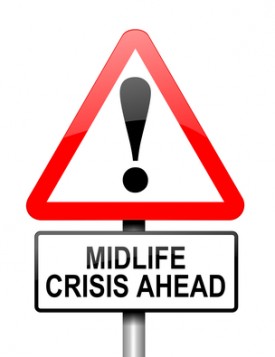 you’ve neglected other important callings. These old dreams take on new urgency. Neglect of these parts of yourself often leads to symptoms of “midlife crisis,” such as:
you’ve neglected other important callings. These old dreams take on new urgency. Neglect of these parts of yourself often leads to symptoms of “midlife crisis,” such as:
- Depression
- Job dissatisfaction
- Anxiety
- Marital problems
- Sexual or emotional affairs
- A loss of meaning or purpose
- Compulsive behaviors (alcohol, drugs, gambling, pornography)
- Feeling you’ll “go crazy” if something doesn’t change!
How Can We Reclaim our “Unlived Life?”
How do you reconcile conflict between various parts of yourself? Sometimes it’s possible to reclaim aspects of your unlived life in a very literal way. The Swiss psychiatrist Carl Jung suggested pondering this question:
What did you do as a child that made the hours pass like minutes?
Perhaps you were drawn to activities in childhood that you’ve neglected or given up as an adult. Day-to-day responsibilities and pressures may have crowded out those old loves. The things 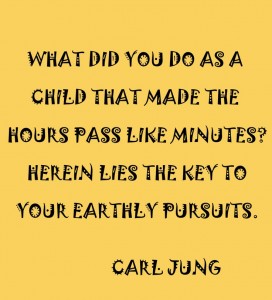 you loved to do as a child–or wanted to do but didn’t have the opportunity–are often good clues toward pursuing your unlived life.
you loved to do as a child–or wanted to do but didn’t have the opportunity–are often good clues toward pursuing your unlived life.
- Maria, for instance, decided to enroll in a painting class to nurture the creative parts of herself that she had neglected. As she reconnected with her creativity, her depression subsided. She even began to enjoy her work again.
- And Katie? Several years after leaving her church, she began exploring other faith communities. Katie visited several before finding one that was more open and inclusive. Also, she accepted an offer from a coworker to attend a mindfulness meditation group in their community. Katie was finally claiming her own spiritual journey in a way that felt more in line with her deepest beliefs and experience.
Sometimes, though, attempts to reclaim unlived life in a literal fashion can result in harm to oneself or others. That was true in Jack’s case.
- Ana confronted Jack about his emotional affair. She was deeply hurt, and expressed her grief about the loss of connection in their marriage. Jack contacted a therapist and began dealing with his longtime, low grade depression. In therapy, Jack explored what was missing in his life that made him susceptible to this emotional affair. After a couple months, Ana agreed to go to marriage counseling. Together they began exploring ways to revitalize their relationship.
The emotional, relational, and spiritual shifts people face in middle age–or during any period of great transition–can be difficult. But, if you face these changes with a sense of honest self-examination, they can also bring with them great promise. Exploring unlived life and finding new ways to live it out with creativity and consciousness can bring great satisfaction, and a deepening of your sense of life’s purpose.
If you’re struggling with any of these issues of unlived life, perhaps it’s time to talk to someone who can help you sort things through. Give me a call at (253) 761-8808 x2, or email me at joanna@soulcarepsychotherapy.com if you’d like to talk about the possibility of making an appointment.
© 2014 Joanna Robinson, M.Div., M.Ed. All Rights Reserved. No part of this article may be distributed without permission.
*Please note that the persons described in this article are fictional, although they may have combinations of characteristics that are similar to actual individuals in my practice or elsewhere in the world. Any resemblance to actual people is purely coincidental.
